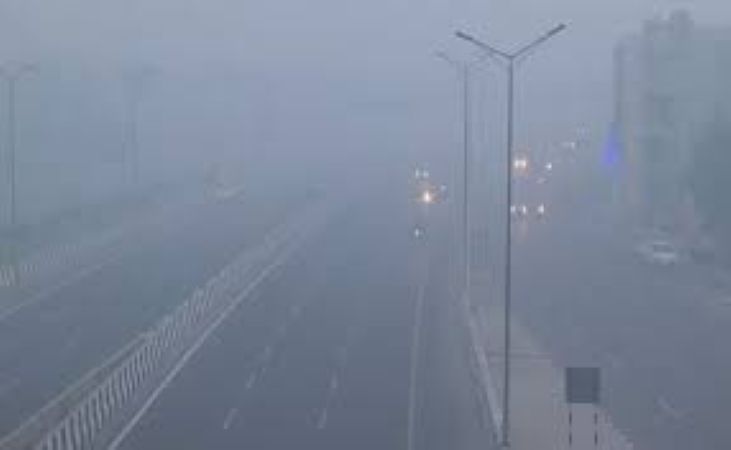Post-Diwali pollution raises respiratory and pregnancy-related issues, say doctors

Team L&M
The days following Diwali have once again brought a sharp decline in Delhi-NCR’s air quality. Hospitals are reporting a noticeable surge in respiratory and pregnancy-related complications. Doctors attribute this spike to air and noise pollution caused by the bursting of firecrackers.
According to pulmonologists and gynaecologists, both outpatient and emergency cases saw a sharp rise between October 20 and 23. Pollution levels soared far beyond permissible limits at this time. The sudden exposure to smoke, toxic gases, and fine particulate matter has impacted vulnerable populations. Children, elderly, pregnant women, and those with chronic respiratory or cardiac illnesses are struggling to cope.
“The post-Diwali smog is particularly dangerous because it comes with a sudden, dense concentration of pollutants. We saw 30% jump in patients with breathing difficulties, asthma flare-ups, and allergic bronchitis within just two days after Diwali,” says Dr Pulkit Agarwal, Consultant Pulmonologist, Silver Streak Superspeciality Hospital.
Echoing the concern, Dr.Mohit Bhardwaj, Consultant Pulmonology, Shalby International Hospital, Gurugram adds, “The combination of stagnant winter air and smoke from crackers traps pollutants close to the ground. People with pre-existing conditions must avoid outdoor exposure during peak pollution hours. Further, they should wear N95 masks, and continue prescribed inhalers or medications without interruption.”
Gynaecologists worried too
Gynaecologists are equally alarmed about the less visible but serious effects of pollution on maternal and foetal health. “High levels of particulate matter can cross the placental barrier and interfere with foetal growth and brain development. We’ve observed an increase in expectant mothers reporting shortness of breath, dizziness, and elevated blood pressure following Diwali festivities,” says Dr Astha Dayal, Director Obstetrics and Gynecology, CK Birla Hospital Gurgaon.
Robotic and Laparoscopic Surgeon, Dr Yashica Gudesar, Director and unit head Obstetrician & Gynaecology at Max Super Speciality Hospital in Dwarka highlights that continuous exposure to polluted air during pregnancy could also raise the risk of preterm birth and low birth weight. “We advise pregnant women to stay indoors when air quality dips, use air purifiers at home, and increase fluid intake to flush out toxins,” she says. “Working women should also ensure the use of air purifiers at home, in their offices, and even in cars to minimize continuous exposure to harmful pollutants,” she said.
With air quality dipping to “severe” levels across several parts of Delhi-NCR, medical professionals stress that preventive care and public awareness to break this recurring post-Diwali health emergency.

